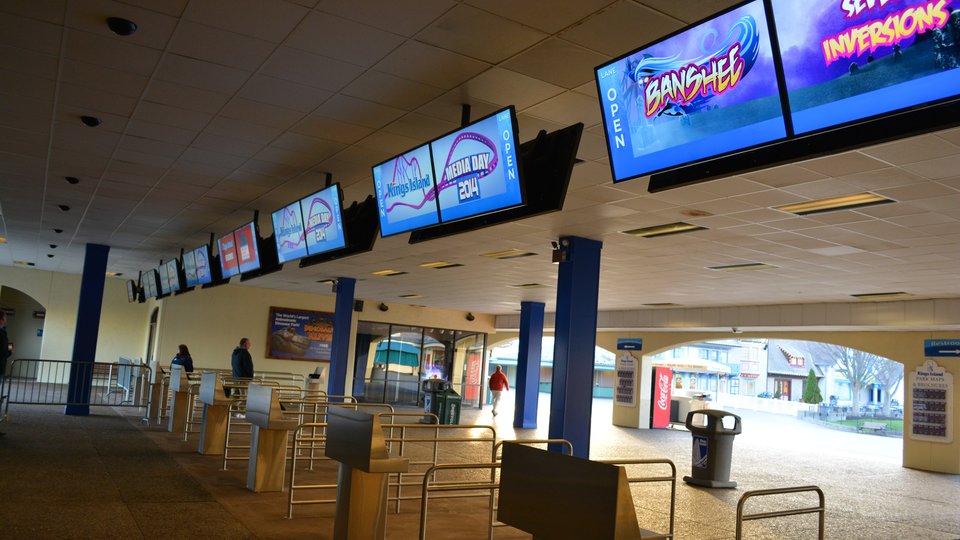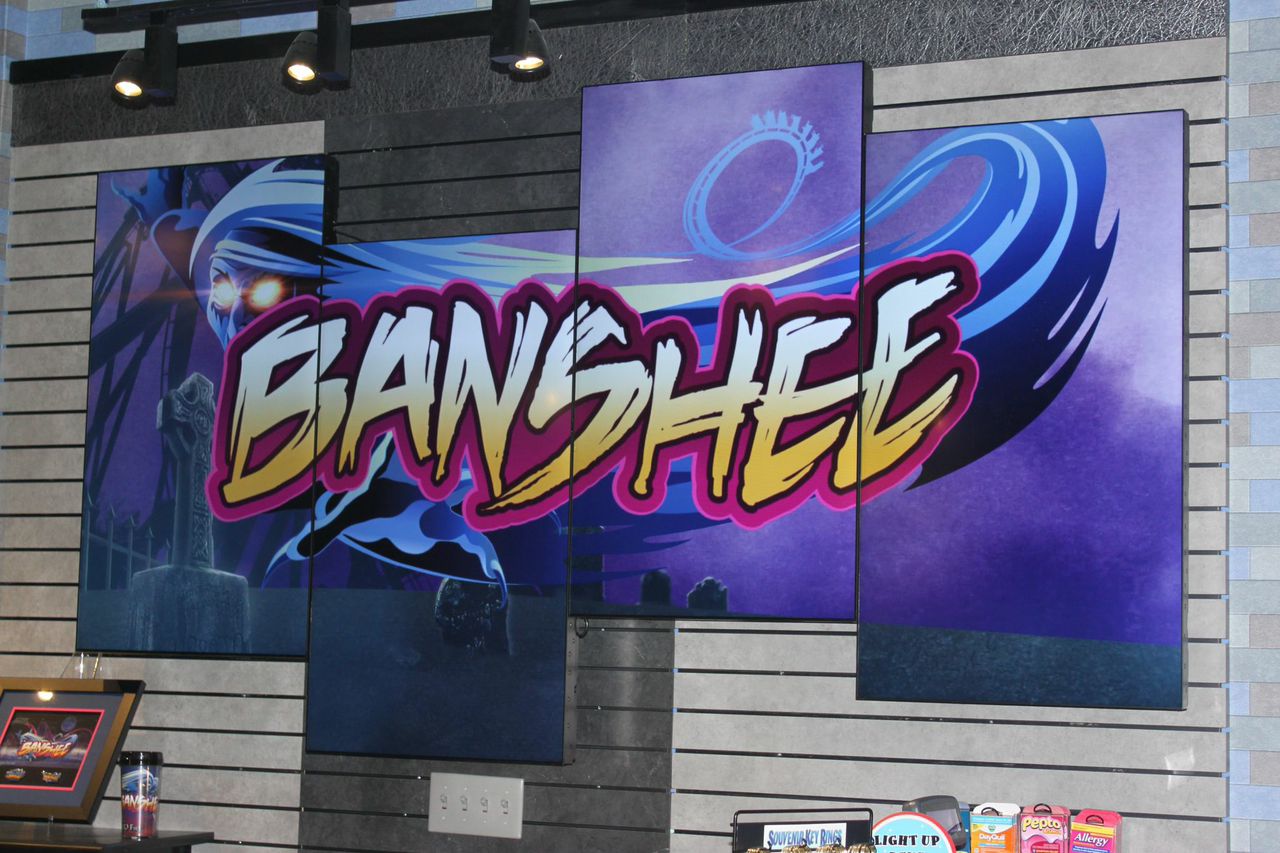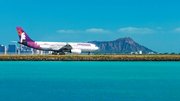Technology
Kings Island reopens with digital signage
When the amusement park, Kings Island, made plans to reopen, it needed a solution that could deliver messages on safety, procedures and social distancing directly to guests. For this purpose, the park turned to digital signage.

September 11, 2020 by Bradley Cooper — Editor, ATM Marketplace & Food Truck Operator
This is part two of a series looking at how digital signage can help amusement parks reopen. Click here for part one.
When COVID-19 shut down many businesses back in March, those companies had to scramble not just to avoid going under, but also to come up with a plan to open back up for business safely.
Now, as many states are loosening COVID-19 restrictions, businesses such as amusement parks are beginning to reopen, such as Kings Island, a Cedar Fair's amusement park in Mason, Ohio, which reopened earlier in July.
For Kings Island specifically, in order to reopen safely, it needed a solution that could deliver messages on safety, procedures and social distancing directly to guests. For this purpose, the park turned to digital signage.
Finding a partner
In order to find the right partner, Kings Island wanted a company that could show how others are successfully using digital signage. For this purpose, the amusement park worked with digital signage provider, Reflect.
Reflect provided a number of solutions such as its CMS, as well as its advertising trafficking program AdLogic.
"Broader than just digital signage, Reflect brings all sorts of relevant technology solutions for consideration," a Cedar Fair spokesperson said in an email.
The solutions
Reflect provided its CMS and applications, such as billboard to help power content throughout the park. For example, digital signage at the park's entrance provided key COVID-19 messaging.
These solutions helped, "entertain and engage with guests as they wait to hop on one of their favorite coasters, and inform guests of important new processes like mobile food ordering, cashless payment, and park operating information," a spokesperson from Cedar Fair said.
In addition, the park was able to deliver localized content for individual displays as well as measure impressions through the AdLogic platform.
The true goal
The overall goal of this campaign was to help both deliver messages on safety protocols and advertising, which Kings Island was able to achieve with Reflect's CMS platform.
"Informing guests as they enter the parks about new rules and policies designed to keep everyone safe is more important than ever. Digital signs placed at the entrance attract greater attention that would be possible with printed notices and allow the parks to update with the latest messages and customize messages for each park," Bob Sanders, COO, Reflect, said in an email.
"Parks also need to consistently remind guests to maintain social distances, especially in areas such as ride lines where people had previously stood in very close proximity. Digital signage can do this in an engaging informative way, even sensing when it may be necessary to play a reminder message based on the number of people gathered in a particular area."
What other businesses can learn
As other amusement parks and businesses with high traffic volume reopen, they will need to adopt technologies like digital signage in order to encourage safety procedures and social distancing.
One key lesson is to not rely on one overall message for the entire facility, but rather to deliver messages to specific areas, such as pushing out a piece of content in a crowded area reminding users to keep their masks on.
"One of the most compelling advantages of digital signage is the speed with which messages can be updated. Reflect customers are leveraging their networks to communicate new policies and updating content with the most relevant COVID-related messages," Sanders said. "This includes enabling individual locations the ability to customize messages while maintaining central control over the primary content."
Photos provided by Reflect
 ChatGPT
ChatGPT Grok
Grok Perplexity
Perplexity Claude
Claude





